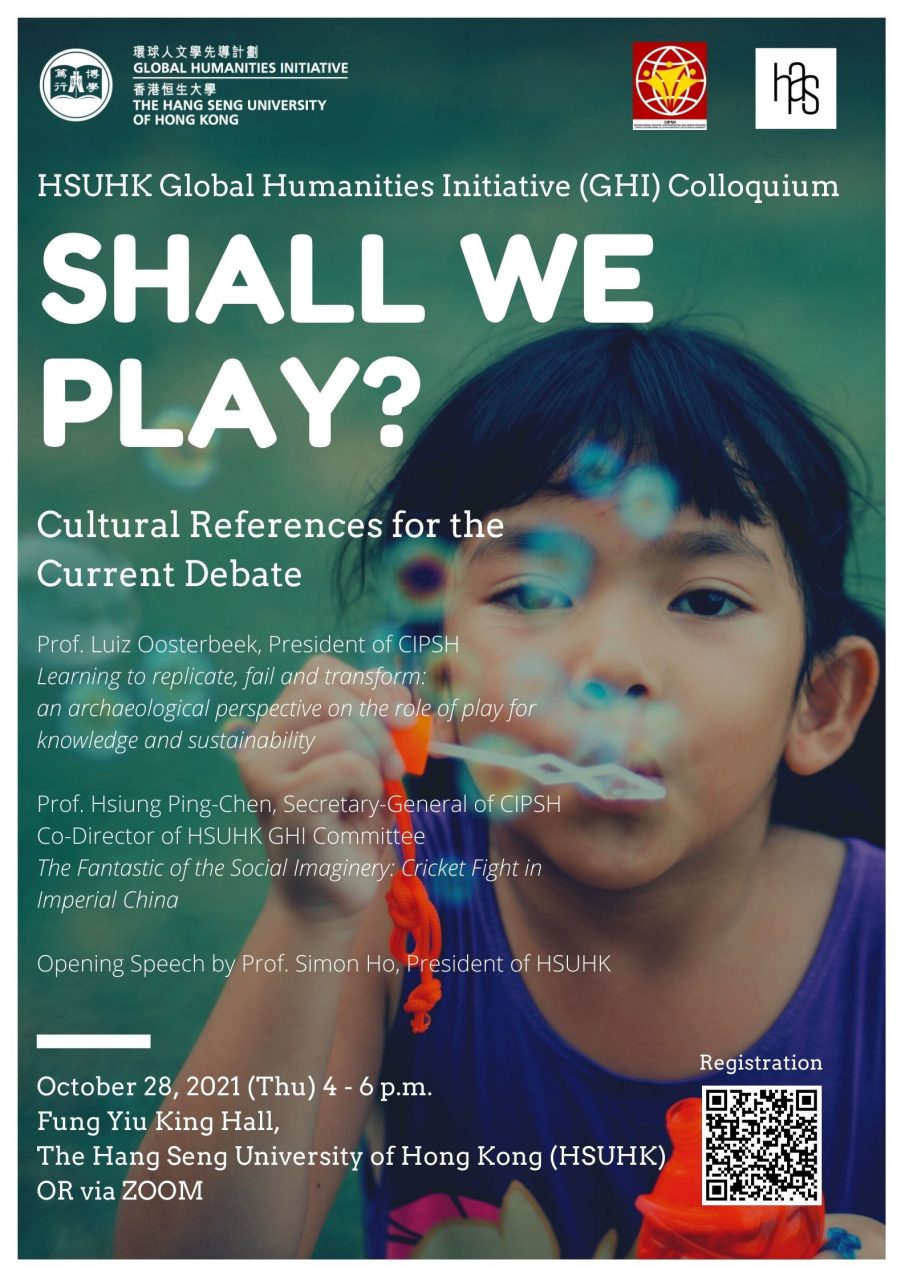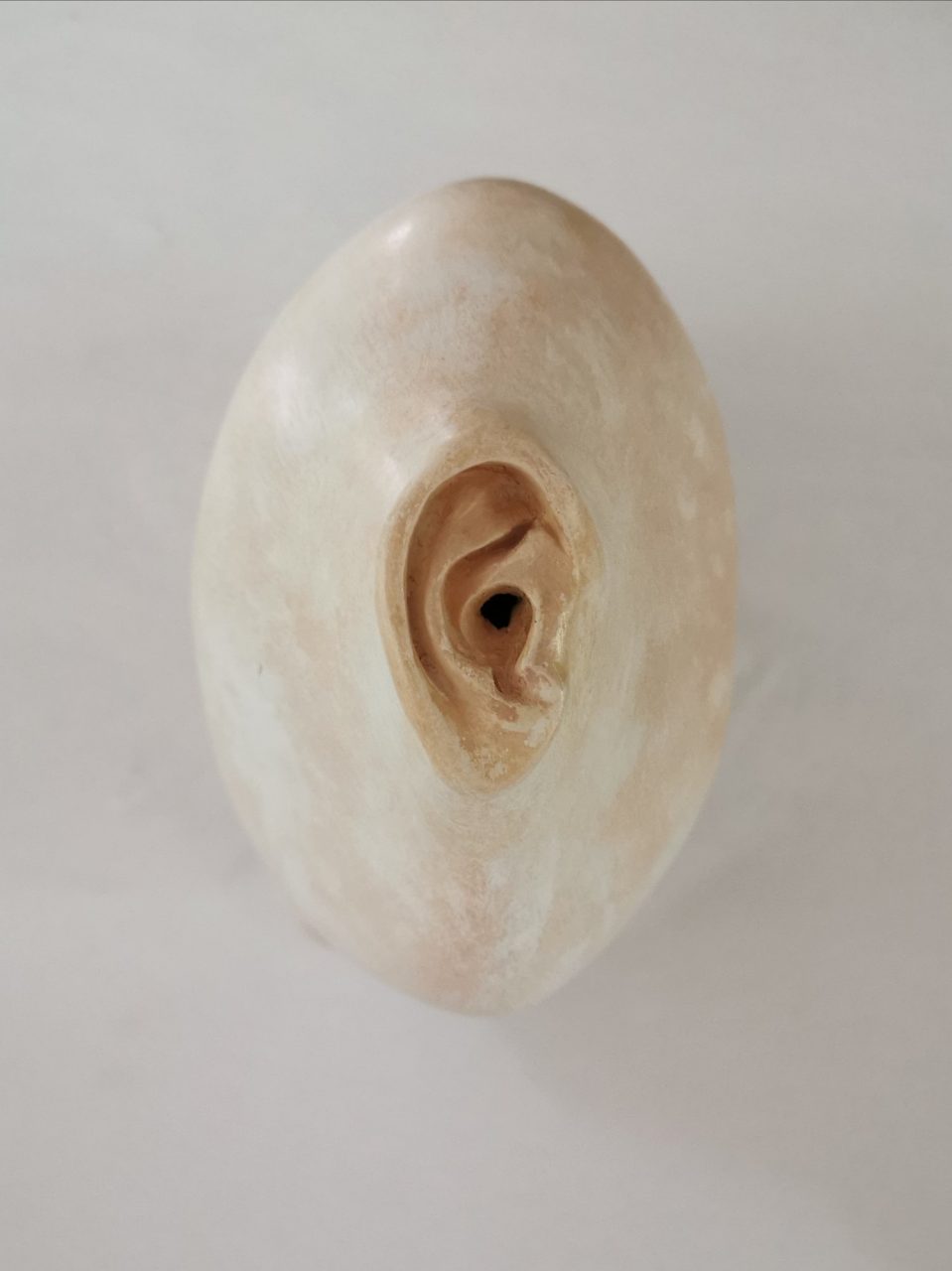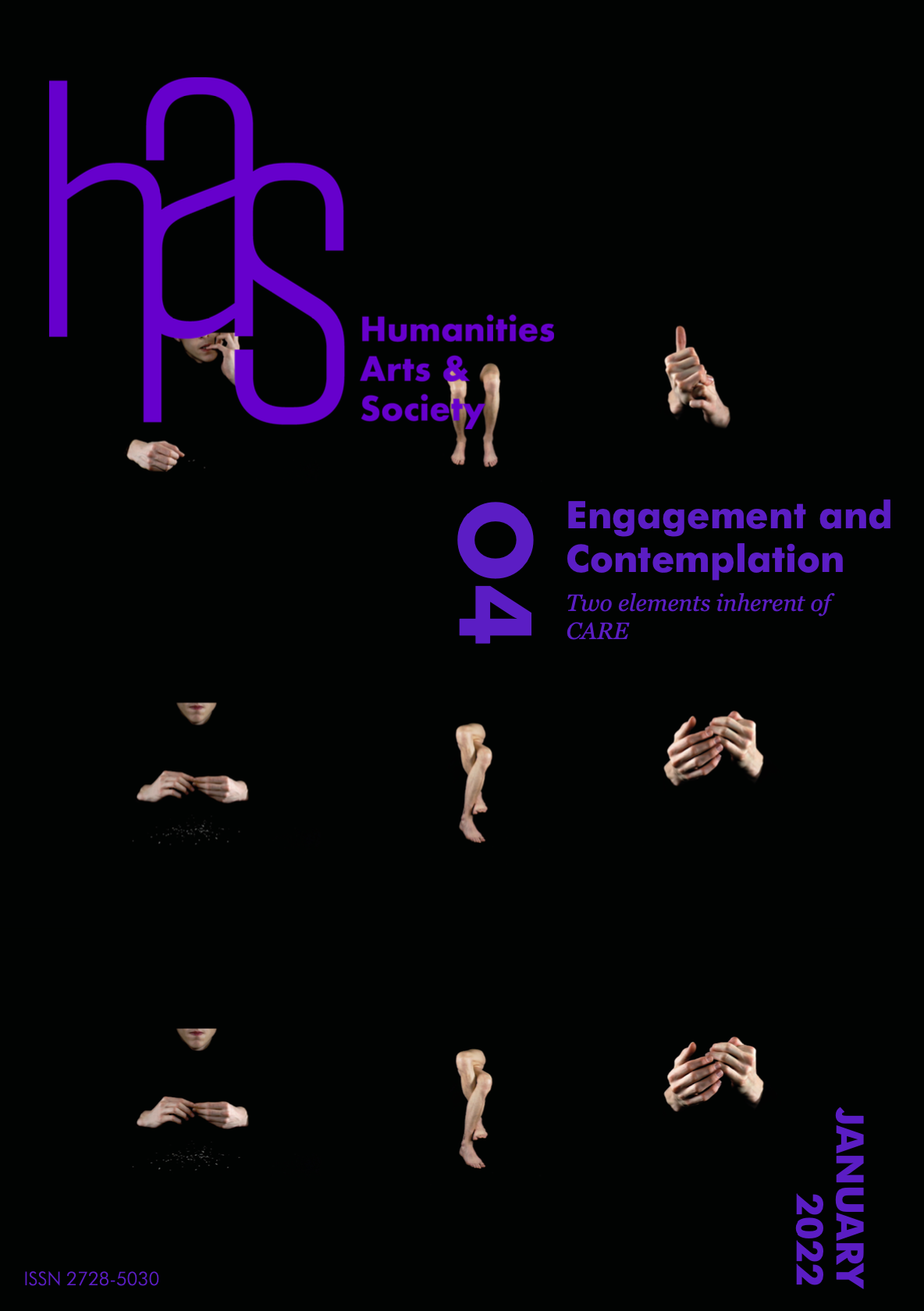WORLD LOGIC DAY
On 26 November 2019, the 40th General Conference of UNESCO proclaimed 14 January to be UNESCO World Logic Day. CIPSH and its relevant member institutions were charged with coordinating this effort.
WLD 2021 was celebrated on 14 January 2021 with 79 events in 40 countries (see below). Due to the global pandemic, all events were (mostly) virtual. This resulted in some difficulties of identifying the country in which an event was held. As expected and intended, the events ranged from very small and local events (e.g., information days for local students) to events with a larger reach and live YouTube streaming. All events are documented with a link on the WLD website maintained by CIPSH.
Countries involved (in alphabetic order). Argentina, Austria, Brazil, Bulgaria, Canada, Chile, China, Croatia, Denmark, Estonia, France, Germany, Hungary, Indonesia, India, Iran, Italy, Japan, Kazakhstan, Mexico, Moldova, Morocco, Netherlands, Nigeria, Peru, Philippines, Poland, Portugal, Republic of Korea, Russia, Spain, Sweden, Switzerland, Taiwan, Uganda, Ukraine, United Kingdom, United States of America, Vatican City, & Venezuela. For details, cf.
The list of activities for WLD 2022 on 14 January 2022 is slowly building up. We would like to encourage logicians all around the world to organize (possibly small) events in close proximity to 14 January 2022 to celebrate this day. It has now become clear that WLD 2022 events will, once more, all have to be virtual. Note that online and hybrid events have the advantage of allowing easy access of people from around the world. Events will be listed on the CIPSH website.
The 2022 Vienna Logic Lecture on UNESCO World Logic Day, January 14, was held by Prof. Moshe Y. Vardi (Rice University, Texas).
PLAY
‘Play’ is instinctive and essential to human nature, regardless of age and time. In the modern days, kids love playing with toys in their rooms, teenagers are playing video games, staring at their 3C products, elderly like to play chess. Back in ancient times, kids would also play games, like cricket fight. Apart from playing for fun, games can also be used for learning purposes. For example, you might still remember your kindergarten teachers played games with you while you were learning vocabulary. It is not exaggerating to say that play occupies an important role in human development.
Since the outbreak of the covid pandemic, social distancing has to be observed all the time, some cities even experienced total lockdown. Kids cannot go to school to meet, hang out and play with their classmates. This unprecedented pandemic is casting a shadow on our daily social life, and thus, on our mental health. On the other hand, society is concerned by the debate of whether gaming is good or bad for teenagers. The background of the colloquial is to explore the effects brought by gaming, by play, on the individuals and on society.
Two colloquia were organized by CIPSH under this topic. The first, entitled “Shall We Play? Cultural Reference for the Current Debate” was co-organized by the Hang-Seng University of Honk-Kong on October 28th. The second, entitled “The values of play: a cultural and educational analysis” was co-organized by Hangzhou Normal University on November 20th. More information here.

CIPSH CHAIRS
Two new CIPSH chairs have been approved, following the last call for proposals. The first one is on the “Diversity of Mathematical Research Practices and Cultures”, chaired by Prof. Dr. Benedikt Loewe of the University of Hamburg. This is an interdisciplinary project that meets CIPSH’s objectives in this regard engaging a network of partners from Asia, Europe, and North America. The second one is chaired by Professor Tong Chee Kiong of the Universiti Brunei Darussalam, on “Towards a New Humanism: Spirituality and Secularity in the Modern World”, with a highly interdisciplinary scope.

GLOBAL CHALLENGES AND GLOBAL ETHICS IN A TIME OF PANDEMIC AND CLIMATE CHANGE
Our time faces two major global challenges: climate change and the corona pandemic. Human induced climate change has been widely known since the 1990s. Global warming is no longer a future threat but has become an acute crisis, affecting the world through devastating storms, flooding and droughts. And the poorest nations are hit the worst. The corona pandemic has so far led to five million deceased and many more hospitalised. It has shaken economies and social institutions around the world. Both these global crises demand unified global responses and global solidarity. However, so far, the responses are far from what is needed, and states and regions are acting from self-interests and in conflict.
On November 11–12 2020 the first CIPSH International Academy on Chinese Cultures and Global Humanities Seminar organized by the Union Académique Internationale (UAI) in collaboration with the Stockholm China Center at the Institute for Security and Development Policy (ISDP) in Stockholm, and the topic was “Chinese and European Resources for a Global Ethic”. As a sequel to this first seminar, a second CIPSH International Academy on Chinese Cultures and Global Humanities Seminar wase held on December 6–7 2021 The topic of this second seminar was “Global Challenges and Global Ethics in a time of pandemic and climate change”, and just like last time, the Stockholm China Center provided the digital platform.
This workshop, coordinated by Prof. Torbjorn Loden, explored the meaning and implications of global ethics in a time of climate change and pandemic. Scholars from different parts of the world and with different cultural backgrounds presented their views and engaged in discussions. How can religious, cultural, and secular traditions be used as resources for reflexion and inspire decision-making? How can a global ethics contribute to resilience and hope? Access to the seminar accessible here for day 1 and here for day 2.
“Alpha Beta Sarah” by Constance Chlore
A hallucinating chase around Ernst’s luminous dream (learning to fly like a bird) from the depths of language – the most beautiful language I have encountered in years.
Release date: June 19, 2020.
With the voices of the actresses: Sonia Pastecchia, Delphine Bibet, Catherine Mestoussis and Candy Saulnier.
CULTURAL PRODUCTION AND COMMUNICATION IN THE DIGITAL AGE
CIPSH initiated a research project on “Neo-Culture Creativity”, which has been supported by Tencent. For this purpose, a research team was formed, led by Prof. Hsiung Ping-chen from CIPSH and including senior colleagues at the Humanities Research Institute of the University of California and the Hang Seng University of Hong Kong. The research has been facilitated by the research team of Social Research Center of Tencent.
The two major achievements of the first year of the project are the presentation in conferences and the publication of two research papers: “Creating a Habitat of Reading: New Venues of Learning in the Digital Era” (the essay investigates the intersection and interaction of the traditional Chinese literature and modern internet culture, that is, the reading habit between traditional Chinese popular literature and drama, in its subgenres, released later by magazines and newspapers, which builds the ground for the popularity of internet literature in contemporary times) and “Inventing Fantasy Land—Searching For The Cultural Roots Of Digital Literature In Contemporary China” (the essay, published in HAS, Issue 3 June 2021, pinpoints the changing literary scene by considering the novel phenomenon of internet literature, which results in the new forms of reading habits).

SUSTAINABILITY, SOCIAL RELEVANCE AND THE HUMANITIES: OPPORTUNITIES AND CHALLENGES
CIPSH organized, on the occasion of its XXXV General Assembly, an international conference on Sustainability, Social Relevance and the Humanities: opportunities and challenges. The Conference gathered together at the Southern Denmark University and online a vast range of scholars that have discussed core themes through five round tables: Understanding the Humanities; The Humanities and Health – and ‘Health Humanities’; The Humanities and the SDGs; The Humanities, Technology and AI, – and ‘Techumanities’; and The Humanities, Museums, and Art. These were complemented by several keynote speakers and the presentation of the CIPSH project on the Global History of Humankind. More information here.

CIPSH AND UNESCO
At its 212th session in October 2021, UNESCO’s Executive Board decided to renew the partnership in status of association of the International Council for Philosophy and Human Sciences (CIPSH), for a further period of eight years, renewable, until 2029, on the recommendation of the Director-General (Decision 212 EX/36).
International Council for Philosophy and Human Sciences: http://cipsh.net/
International Council for Philosophy and Human Sciences: http://cipsh.net/
